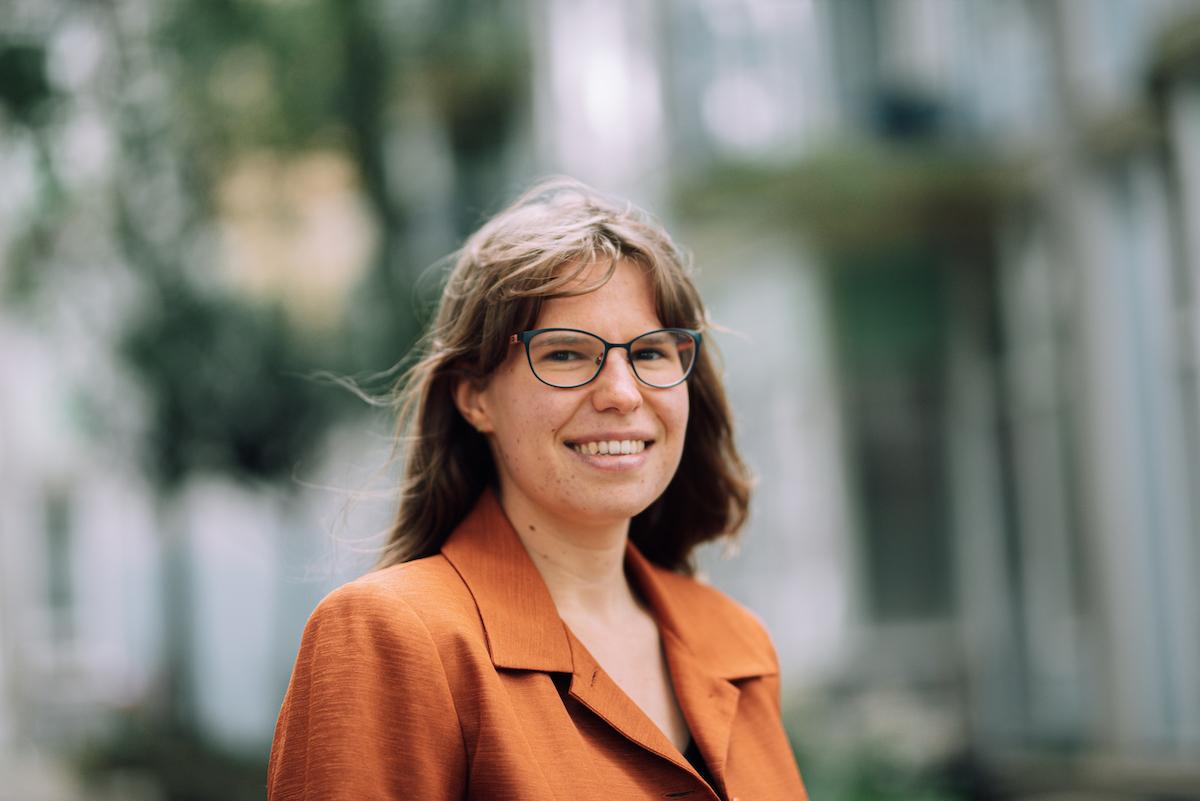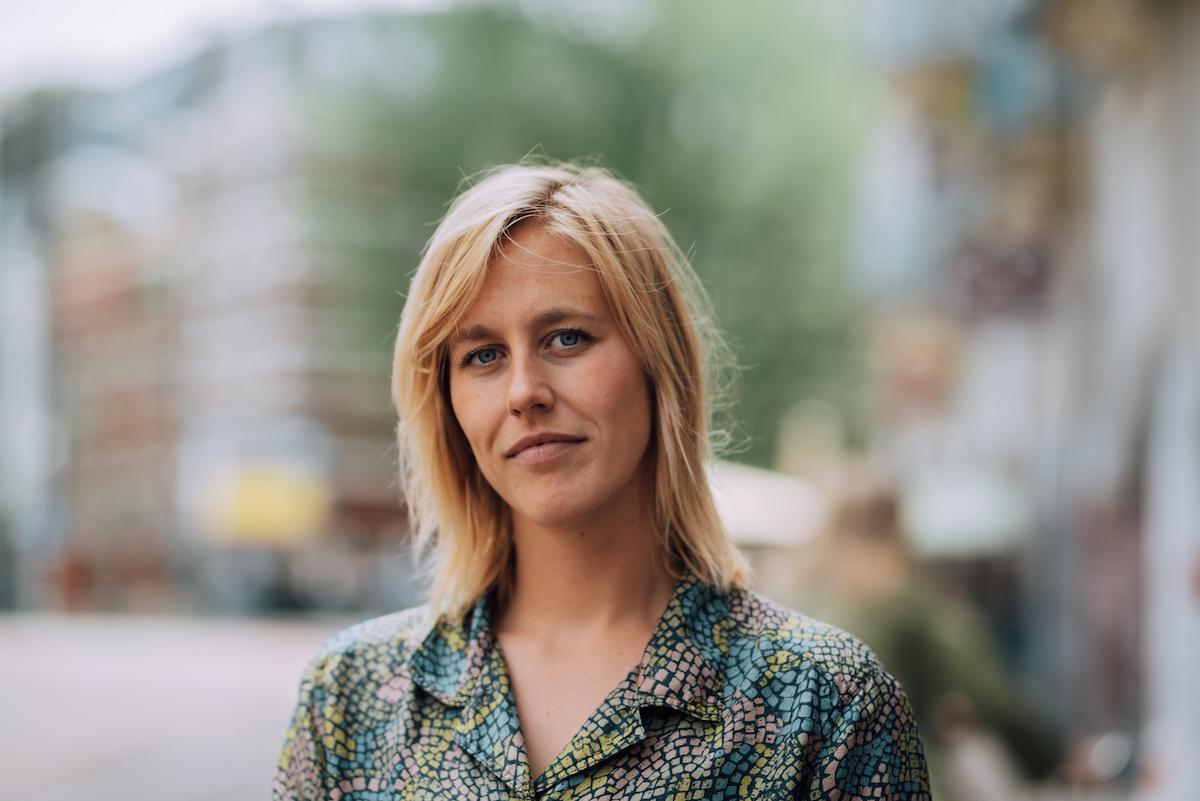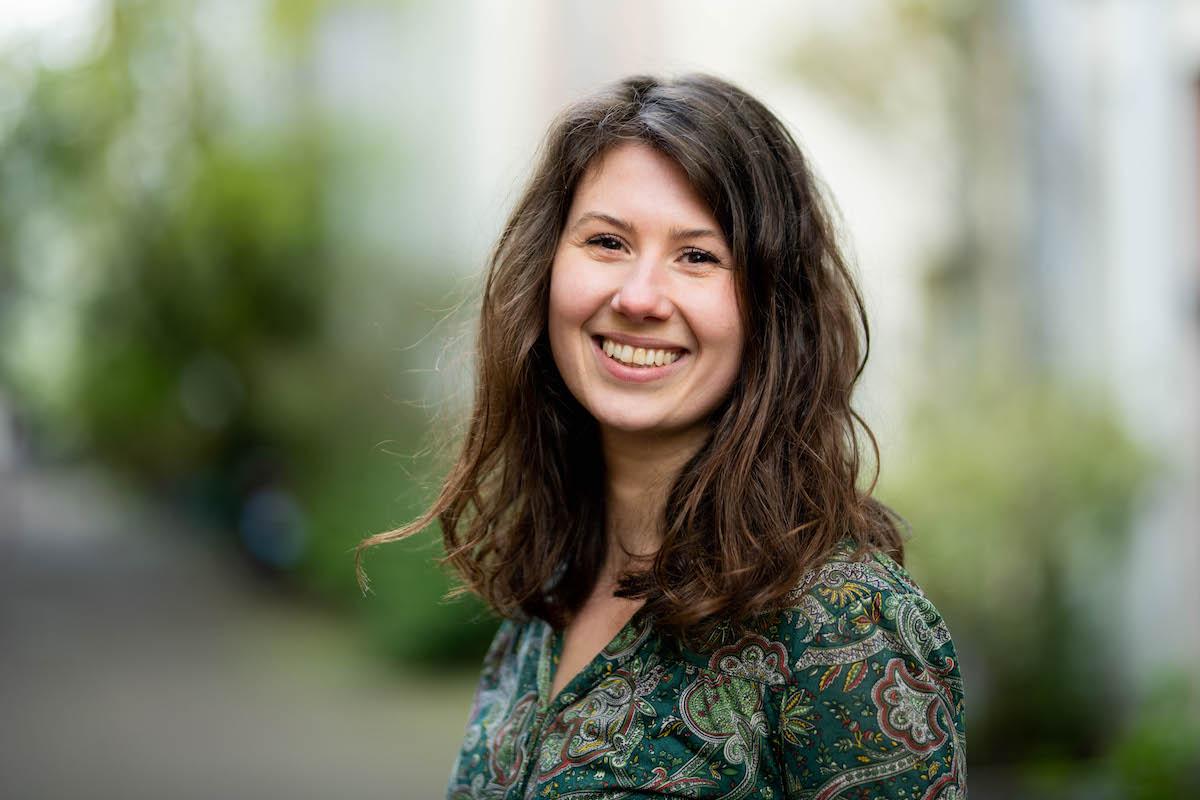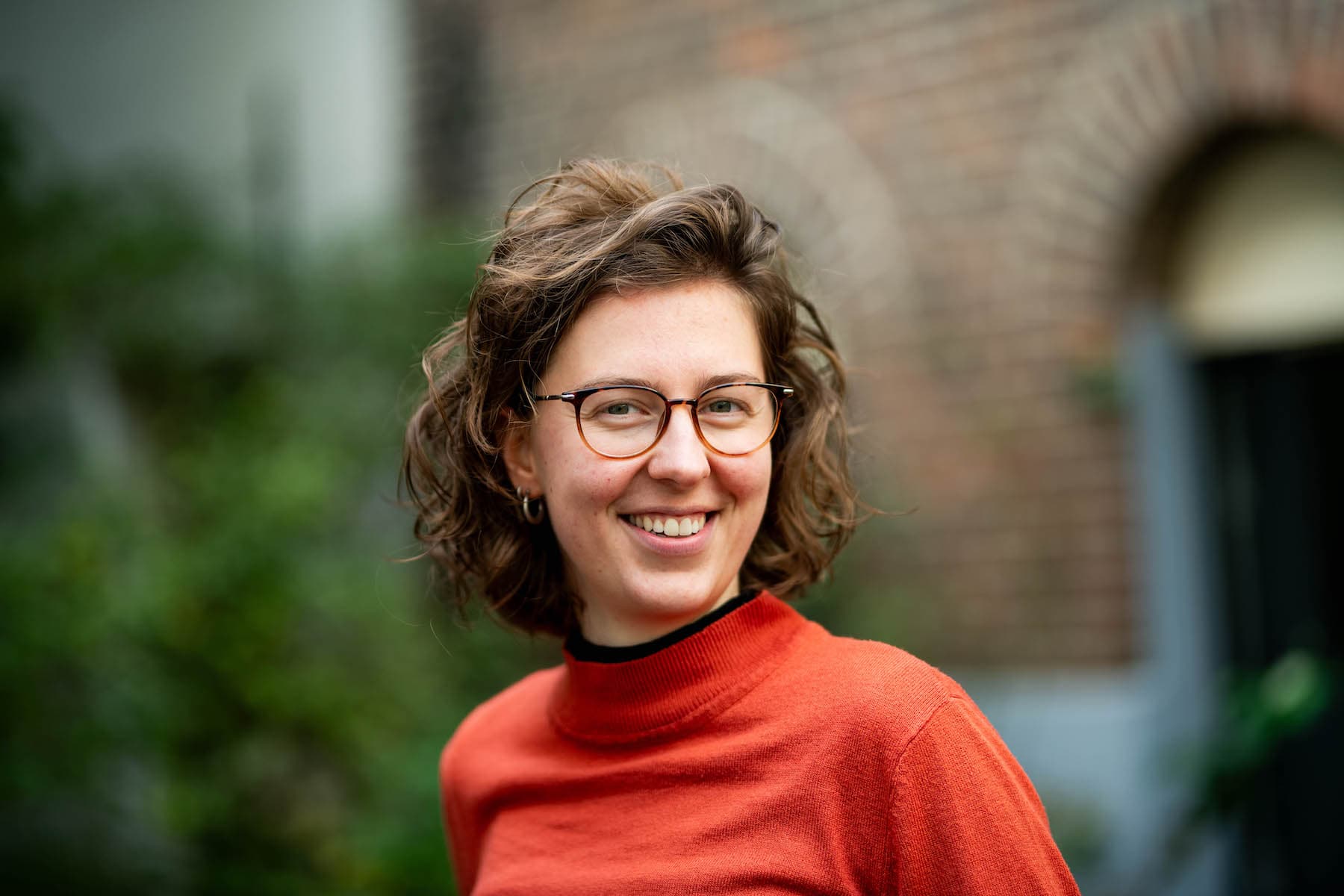
New plan for work
We are becoming more productive, but simultaneously have less and less time. We are busy, but with what? Besides, our work does not always lead to a better planet. In the project New plan for work, Waag Futurelab and Michiel Zonneveld are developing a new perspective on the future of work. A future where work contributes to sustainability, inclusiveness and social relations.
For the past 20 years, Dutch policy around work has been based on capital growth. But financial prosperity does not say much about how healthy and happy people and the environment are. That is why the Netherlands is increasingly looking at ‘broad prosperity’: the different aspects that together determine the quality of life. These include social relationships, sustainability, housing and work-life balance. Unlike financial prosperity, in broad prosperity, both paid and unpaid work are valuable.
The focus on capital has led to a system that erodes: putting profit and money first comes at the expense of other values such as quality, care or sustainability. To change this, a new perspective on the future of work is needed.
Waag Futurelab and researcher and journalist Michiel Zonneveld are developing that missing perspective together with various people from research institutes, business and society. Together, we are exploring how to create a new plan for work that focuses on sustainability, inclusion and social relations.
Collaboration between government, business and society
Currently, the same parties often negotiate plans and choices around work with each other, such as governments, research institutes, implementing organisations and companies. Too little use is also made of practical and experiential knowledge. Important social voices are missing, such as social institutions, cooperatives and associations.
To develop a widely supported perspective, Waag and Zonneveld involve various parties from the public domain (e.g. governments, research institutes and implementing organisations), the private domain (companies) and the civil domain (social institutions, cooperatives and associations from the world of paid and unpaid work).








